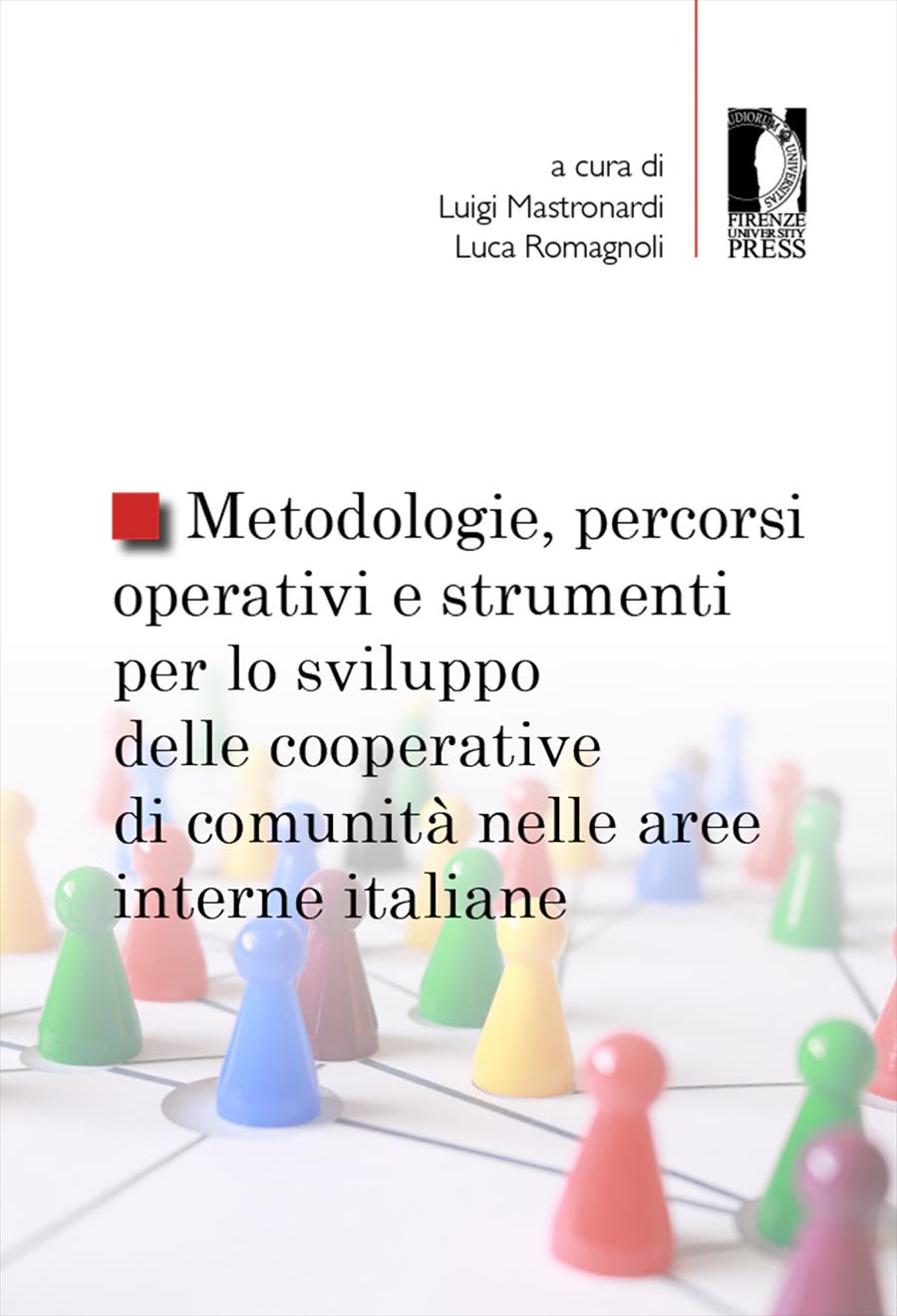- Metodologie, percorsi operativi e strumenti per lo sviluppo delle cooperative di comunità nelle aree interne italiane
- Edited by Luigi Mastronardi, Luca Romagnoli
Conclusioni
- Luigi Mastronardi
- Luca Romagnoli
- © 2020 Author(s) |
- CC BY 4.0
- DOI: 10.36253/978-88-5518-168-6.06
The present text includes some conceptual maps, aimed at defining the potential role of Community-based cooperatives in revitalising Italian inner areas. The conclusions show the great importance of these cooperatives, which are considered as a key factor in favouring local development, and in arresting demographic decline in marginal areas. Though based on the results obtained with respect to Molise region, these findings can be extended to any other Italian inner area.
- Keywords:
- Conceptual maps,
- local development,
- marginal areas,
University of Molise, Italy - ORCID: 0000-0001-6012-2964
University of Molise, Italy - ORCID: 0000-0003-3243-1561
Chapter Information
Chapter Title
Conclusioni
Authors
Luigi Mastronardi, Luca Romagnoli
Language
Italian
DOI
10.36253/978-88-5518-168-6.06
Peer Reviewed
Publication Year
2020
Copyright Information
© 2020 Author(s)
Content License
Metadata License
Bibliographic Information
Book Title
Metodologie, percorsi operativi e strumenti per lo sviluppo delle cooperative di comunità nelle aree interne italiane
Editors
Luigi Mastronardi, Luca Romagnoli
Peer Reviewed
Number of Pages
174
Publication Year
2020
Copyright Information
© 2020 Author(s)
Content License
Metadata License
Publisher Name
Firenze University Press
DOI
10.36253/978-88-5518-168-6
ISBN Print
978-88-5518-167-9
eISBN (pdf)
978-88-5518-168-6
Series Title
Studi e saggi
Series ISSN
2704-6478
Series E-ISSN
2704-5919
